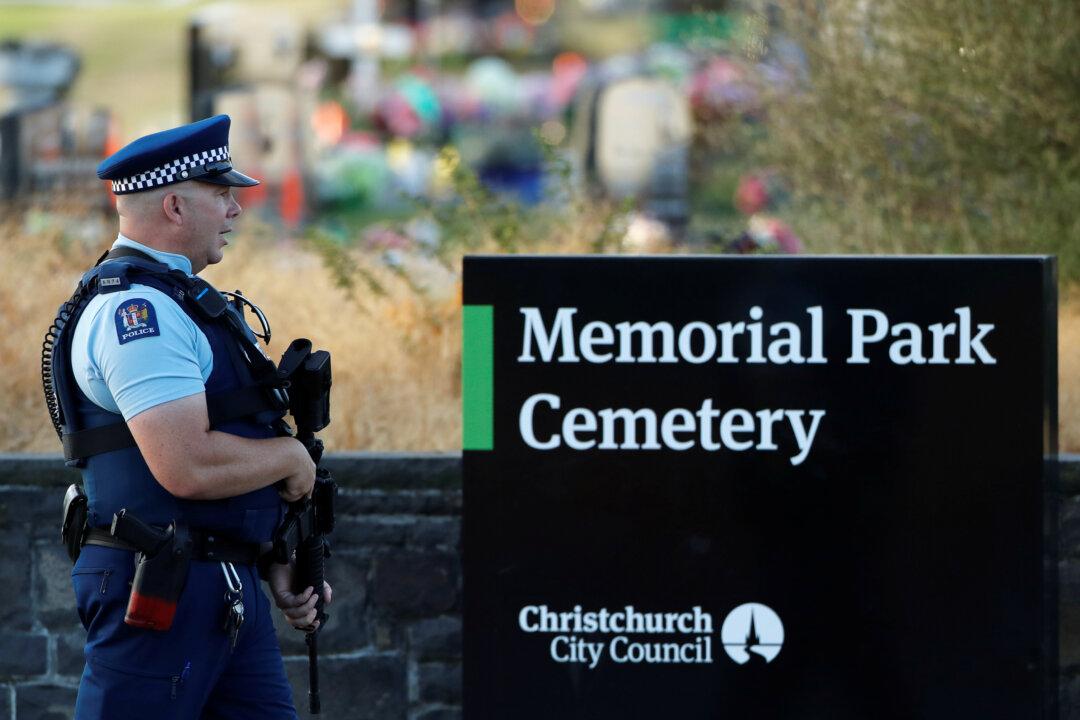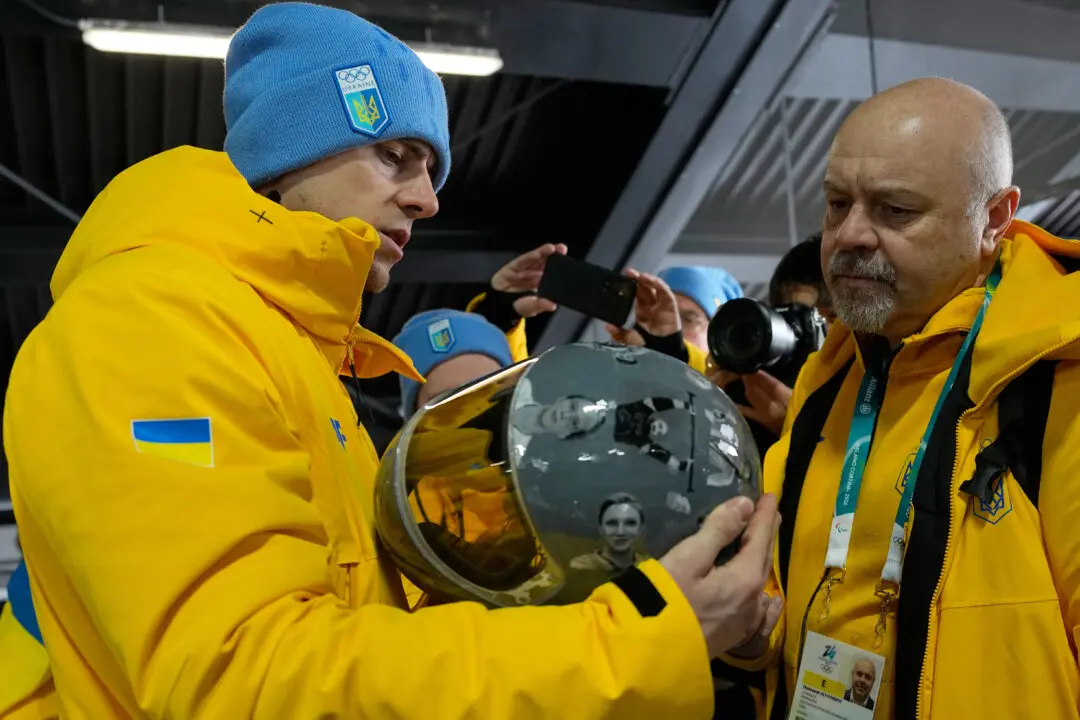CHRISTCHURCH, New Zealand—A father and son who fled the civil war in Syria for “the safest country in the world” were buried before hundreds of mourners on March 20, at the first funerals for victims of shootings at two mosques.
The services for Khalid Mustafa, 44, and Hamza Mustafa, 15, came just days after a gunman systematically shot dead 50 worshippers at two mosques in Christchurch—a massacre that was broadcast live on Facebook.





